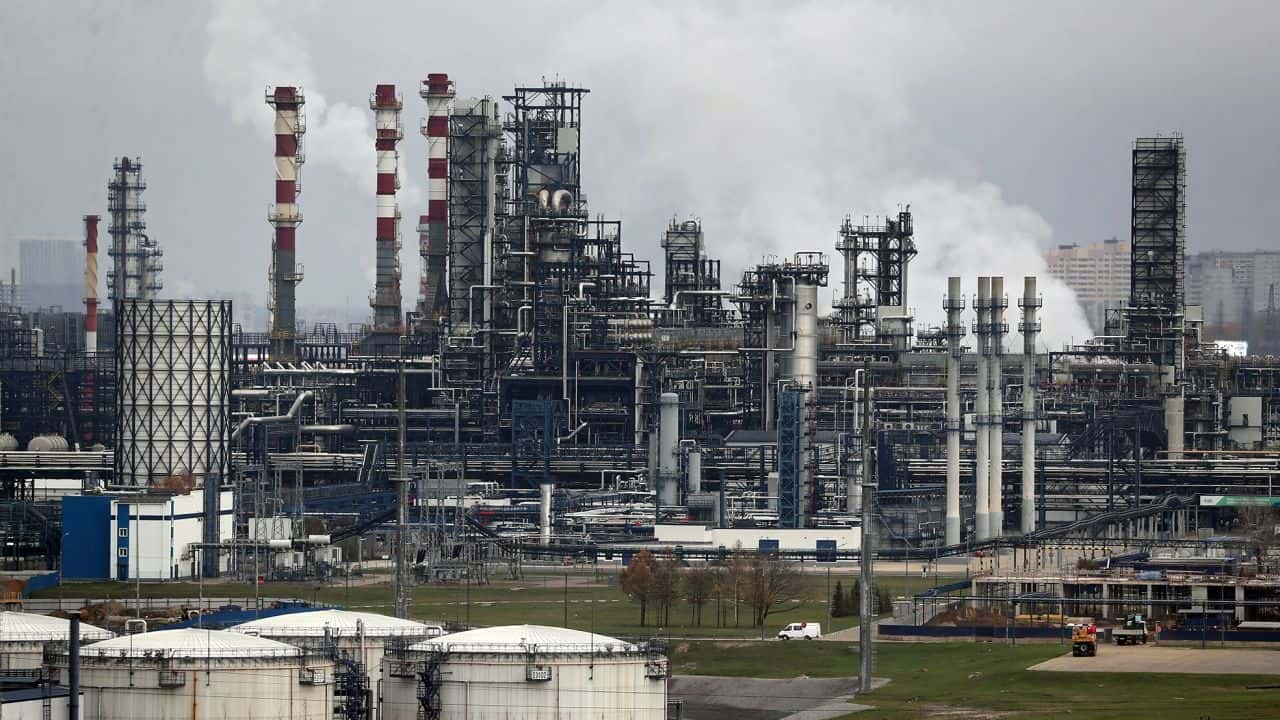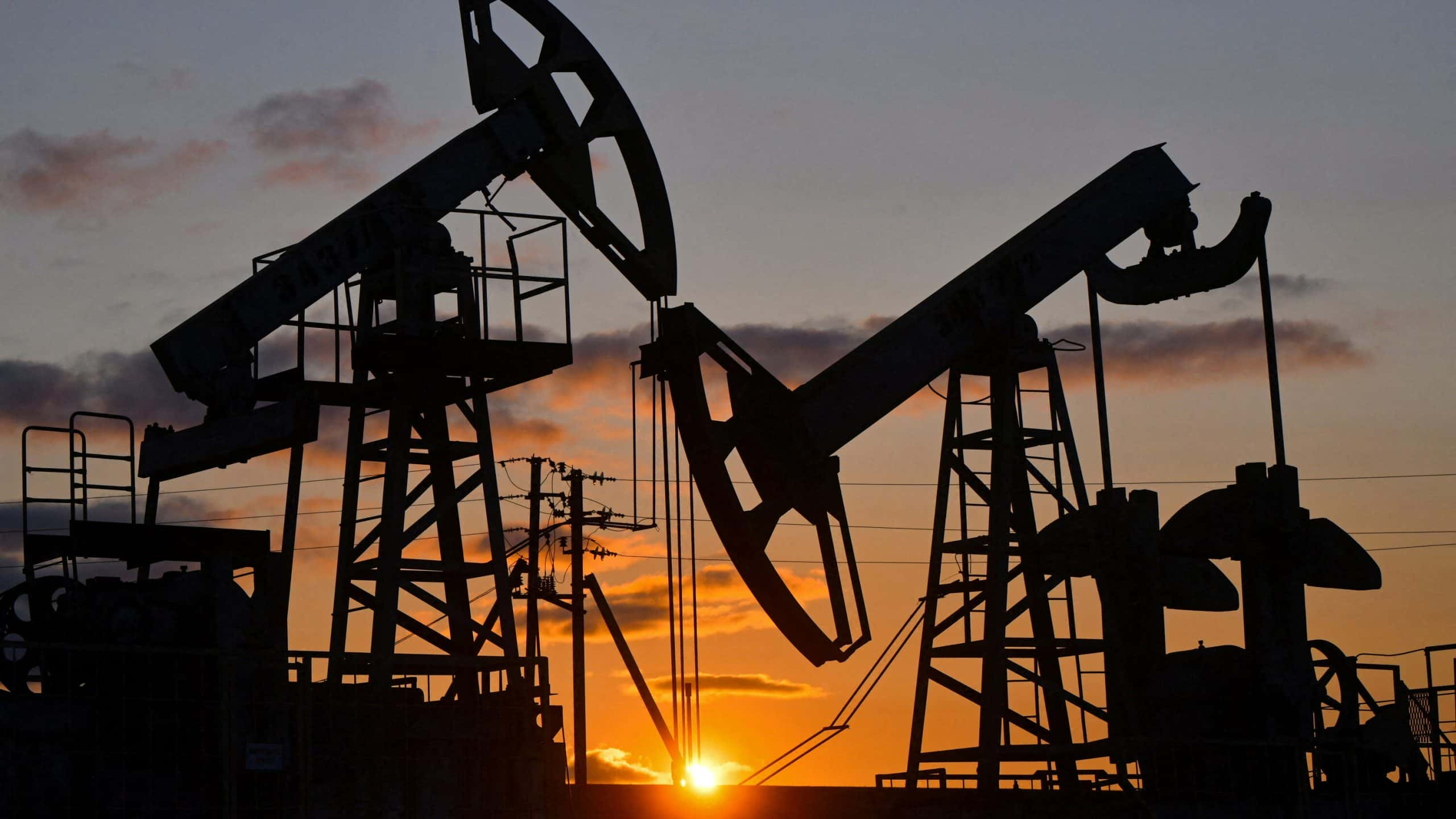This move will result in a reduction of 1.3 million barrels of crude oil being taken off the global market, which is expected to have a significant impact on energy prices worldwide.

Saudi Arabia and Russia have jointly announced their decision to prolong their voluntary oil production cuts until the end of this year
The simultaneous declarations from Riyadh and Moscow have led to a surge in benchmark Brent crude oil prices, pushing them beyond the $90 per barrel mark in Tuesday afternoon trading. Such levels have not been observed since November of the previous year.
While this agreement is likely to lead to higher costs for consumers at the fuel pump, it also adds further strain to Saudi Arabia‘s relationship with the United States. President Joe Biden had previously warned the kingdom about potential “consequences” for cooperating with Russia on oil production cuts during Moscow‘s conflict with Ukraine. In response, Saudi Arabia has emphasized that it will closely monitor the oil market and take additional measures if deemed necessary.
The Saudi Press Agency has quoted an unnamed Energy Ministry official as stating that this additional voluntary reduction is meant to bolster the precautionary actions taken by OPEC+ nations to support oil market stability and balance. Meanwhile, Russia’s deputy prime minister and former energy minister, Alexander Novak, confirmed that Moscow will continue its daily cut of 300,000 barrels.
These oil production cuts serve the common goal of strengthening the precautionary measures adopted by OPEC+ nations to maintain stability and balance in oil markets, according to Novak
Following the announcement, Brent crude traded at $90 a barrel, marking a notable increase from its previous range of $75 to $85 a barrel since October. Saudi Arabia initiated these reductions in July, while other OPEC+ members have also agreed to extend their existing oil production cuts into the coming year.
Despite previous efforts, a series of oil production cuts over the past year have failed to substantially boost oil prices due to weakened demand from China and tighter monetary policies aimed at curbing inflation. For Saudi Arabia, higher oil prices are particularly important to support Vision 2030, an ambitious plan aimed at diversifying the nation’s economy, reducing its reliance on oil, and creating employment opportunities for its young population. These oil production cuts include extensive infrastructure projects such as the development of the $500 billion Neom City.
READ ALSO: Florida’s Hurricane Idalia Impact On Home Insurance Rates: Analysis And Assessments




